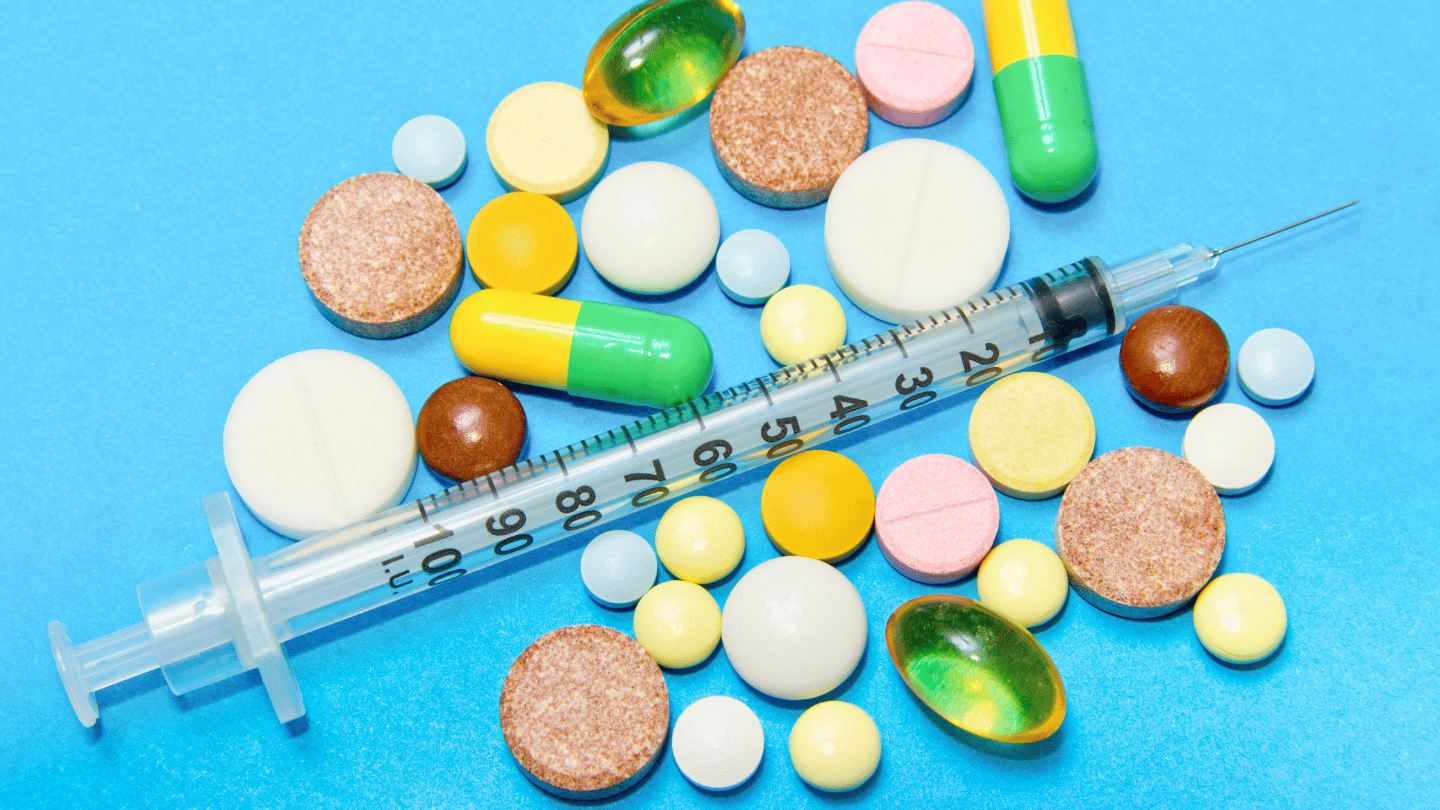High cholesterol levels can cause heart disease, stroke, and other cardiovascular diseases. While they can help, medications given to treat high cholesterol levels are not without their own risks. Side effects of some popular cholesterol-lowering medications include muscle pain and damage, liver damage, high blood sugar, memory loss, and confusion.
A healthy total cholesterol level is less than 170 mg/dL. LDL, or “bad” cholesterol, should be under 110 mg/dL, and HDL, or “good” cholesterol, should be at least 35 mg/dL. Medications should be only considered when LDL cholesterol is over 180 mg/dL. Patients with milder cholesterol elevations who smoke or who have a diagnosis of diabetes, high blood pressure, or obesity should have a discussion with their medical provider to weigh the risks and benefits of starting therapy.
Lifestyle Changes for Managing Cholesterol
For patients with slightly elevated cholesterol levels, lifestyle changes can make a significant difference. Weight control is a key factor. A healthy weight is defined as a body mass index (BMI) of 18.5 to 24.9 mg/kg².
To find your BMI, use the National Institute of Health’s BMI calculator and input your height and weight. If it’s high, consult your physician for a sensible weight loss and physical activity plan. Physical activity is beneficial for weight control and increasing your “good cholesterol” (HDL).
The Centers for Disease Control and Prevention (CDC) has a hotline for smokers: 1-800-QUIT-NOW. Weight control, physical activity, and not smoking will help control blood pressure. Diabetic patients, of course, need to control blood sugar levels with diet, exercise, and medication if needed.
When Should You Consider High Cholesterol Medications
Medications should be considered for patients with LDL cholesterol over 180 mg/dL or for those with slightly elevated cholesterol levels who also smoke, have diabetes, high blood pressure, or obesity. The decision to start medication should involve a discussion with a healthcare provider to weigh the risks and benefits.
Take Control of Your Cholesterol with QuickMD
Discover how QuickMD can assist you in managing your cholesterol through telemedicine. You can even order your own labs, including a cholesterol panel. Our doctors are ready to prescribe you statins online if needed.
Take the first step towards better heart health by visiting QuickMD today.
















